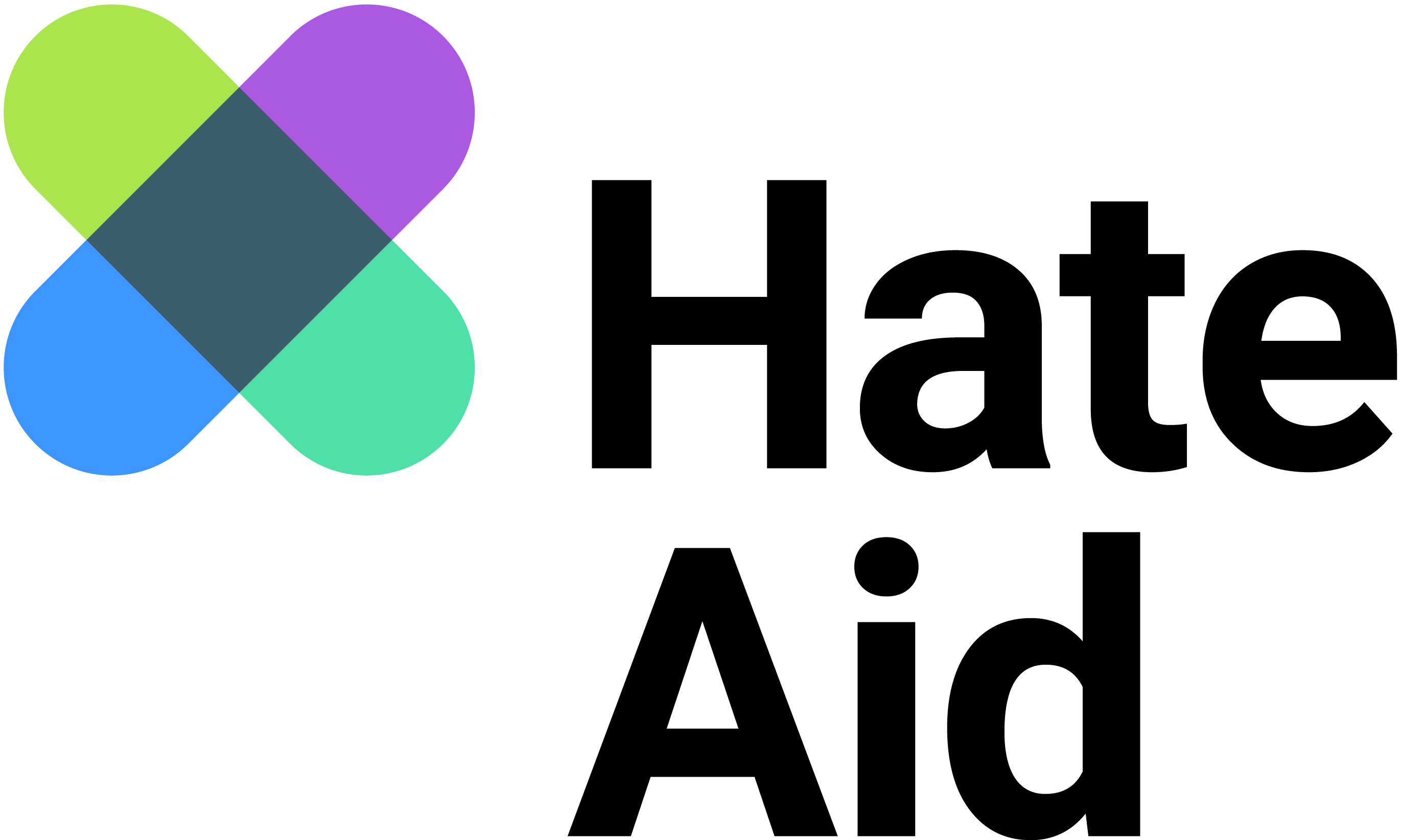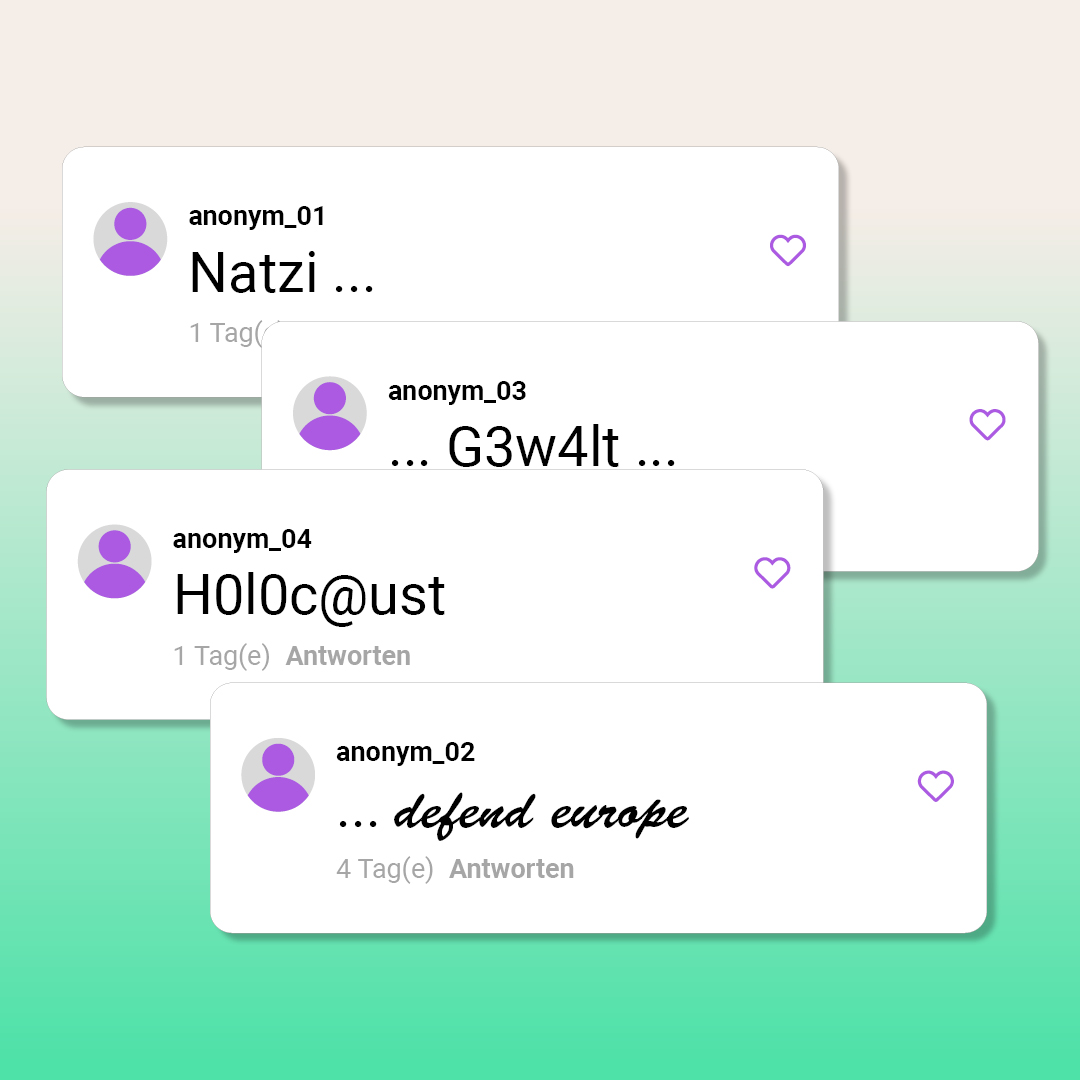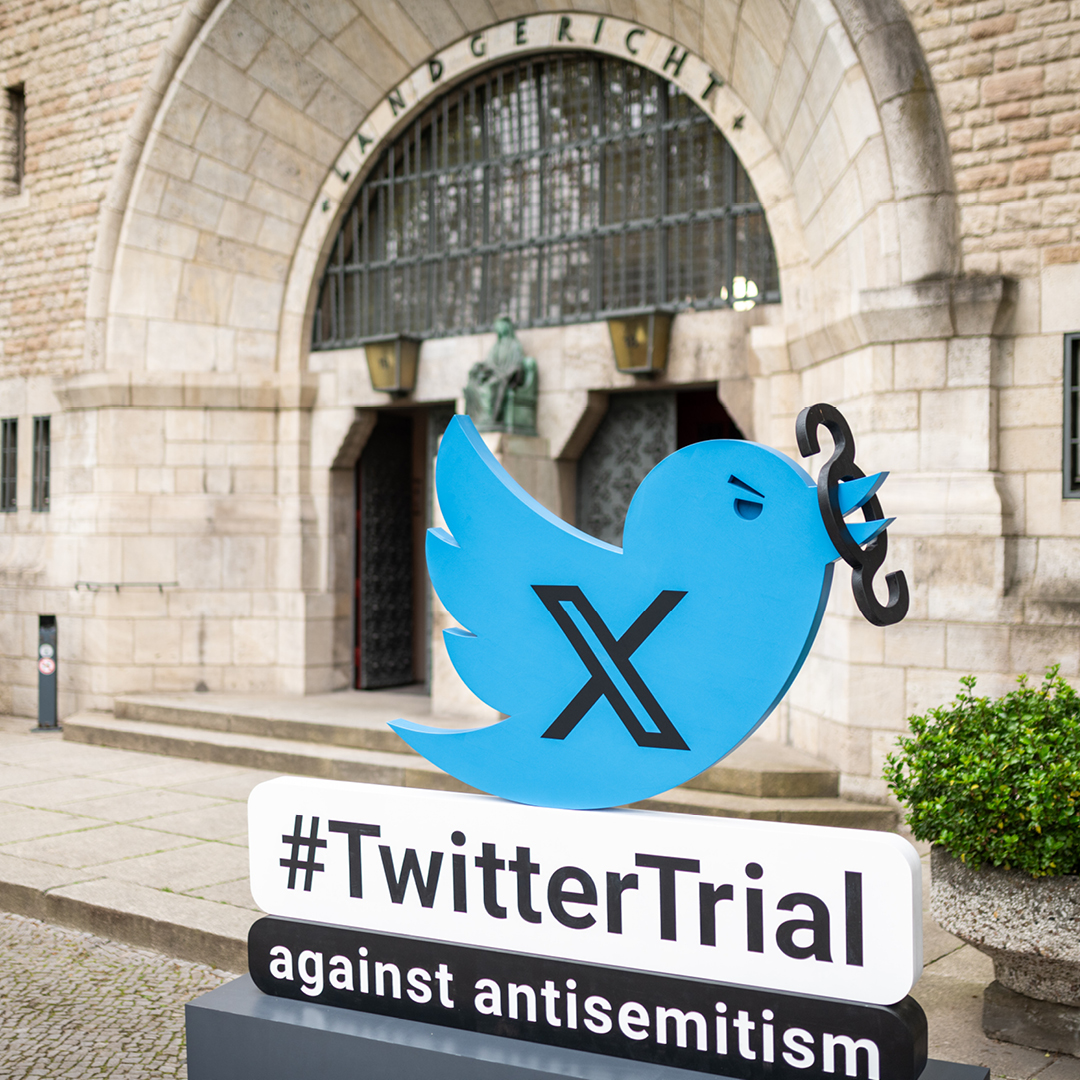Free research in danger: X locks critical voices out
HateAid supports data analyst in lawsuit against platform
Data analyst Travis Brown investigates hate speech on X (formerly: Twitter). In research for media outlets such as CNN and the BBC, he shows how extremists spread hate, antisemitism, and disinformation without hindrance on the platform. Instead of taking consistent action against these developments, X now suspends Brown’s account for the second time with the accusation of inadmissible data collection. After the first ban had already been lifted by the courts, the company now commissioned a major law firm. With long pleadings and a potentially gruelling legal dispute, the analyst is apparently to be discouraged from defending himself. With the support of the non-profit organisation HateAid, he is taking action against the account suspension.
This is because the block is not about the content shared by Brown or his behaviour towards other users, but about his work as a programmer and data analyst. He does not pursue any commercial interests: Brown uses his research to educate the public about grievances on X. The first suspension of his account had taken place without warning with reference to alleged violations of their terms and conditions. Brown had successfully defended himself with the support of HateAid and obtained an injunction against the platform. His account had been unblocked. The renewed ban and the massive legal action against an individual analyst show that this procedure goes far beyond the individual case.
Data analyst Travis Brown says:
“X’s actions are an attempt to silence researchers who are monitoring extremism and disinformation on the platform. X’s leadership is making the platform increasingly dangerous, both to its users and to the wider world, and they are willing to use lawsuits and other kinds of intimidation to suppress criticism. We will not be silenced, though, and will continue to collect and share data, because we all have a right to understand the effects that these platforms have on our world.“
Along with the announcement of the renewed blocking of Brown’s account, the major law firm commissioned by X filed a 36-page protective letter. This is a preliminary statement of defence in case that Brown again legally would object to the platform’s decision. With the support of the law firm RKA Legal and HateAid, Brown then again filed an application for an injunction with the Berlin District Court. The result was surprising: the court rejected his application on the grounds that a German court did not have jurisdiction. The same chamber had previously issued a preliminary injunction against the first suspension of Brown’s account. He has therefore appealed against the court’s latest decision. HateAid will cover the costs of the proceedings and legal representation within the framework of legal cost financing.
Anna-Lena von Hodenberg, CEO of HateAid, comments:
“It is extremely dangerous if independent research and reporting on social networks can no longer take place. Next year, the European Parliament elections and the US presidential election will take place. Right-wing extremists will mobilise massively on social networks and spread disinformation. We support this case with Travis Brown on behalf of all researchers who make public what goes on behind the scenes on the platforms. Because only if we know what is happening there and who is acting how, can we protect our democracies.”
Brown is not an isolated case. Social media platforms have been increasingly acting against researchers for some time. In the US, for example, X is suing the nongovernmental organisation Center for Countering Digital Hate for publishing several reports showing an increase in hate speech on the platform. Meta also took action against data analysis a few years ago: accounts of researchers at New York University were blocked, and the organisation AlgorithmWatch felt compelled to stop a project on Meta’s Instagram platform in the face of an impending lawsuit. At present, researchers hardly receive the necessary amount of data to carry out such analyses. In the future, the European Digital Services Act (DSA) will create a legal basis for this for the first time: the new law provides for access to data from very large online platforms for research purposes, albeit in a very restrictive way. For this to create the hoped-for transparency, it will be important not to rely on the voluntary participation of the platforms, but to ensure consistent supervision.
HateAid therefore demands in a petition from the European Commission:
Playing a supervisory role: The Commission must ensure that platforms no longer arbitrarily block undesirable accounts and content.
Establish clear rules for access to data: Researchers and civil society organisations need clarity on how to access data in real time.
Swift implementation: The Commission must ensure that Member States deploy the Digital Services Coordinators as soon as possible. This is the only way for researchers to effectively claim their rights.
Among the first signatories of the petition are the Center for Countering Digital Hate, the lawyer Chan-jo Jun, the Co-CEOs of the Alfred Landecker Foundation Silke Mülherr und Lena Altman, the publicist Marina Weisband, and the scientist Professor Volker Quaschning.
HateAid gGmbH
The non-profit organisation HateAid was founded in 2018 and has its headquarters in Berlin. It advocates for human rights in the digital space and stands up against digital violence and its consequences at both social and political levels. HateAid provides concrete support to people affected by online violence in the form of counselling and litigation financing.
Press contact: presse@hateaid.org, Tel. +49 (0)30 25208837






